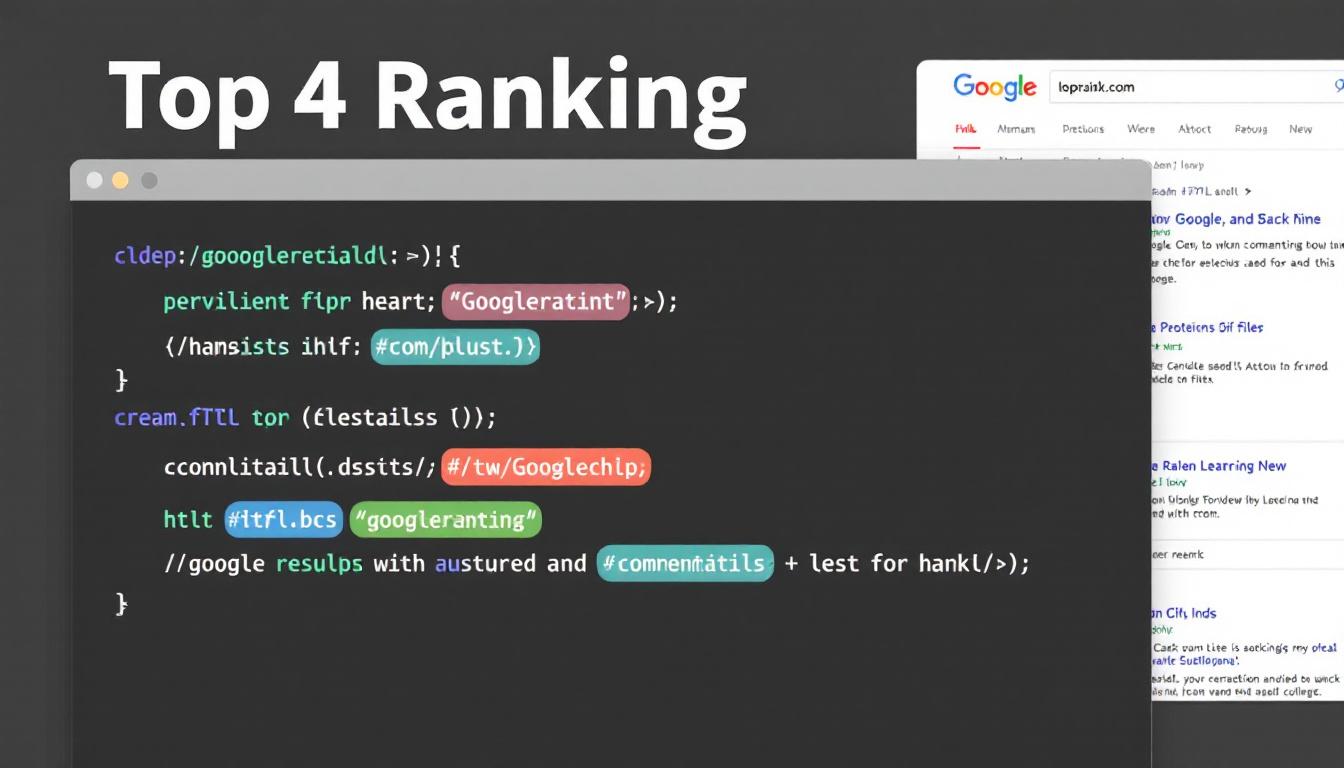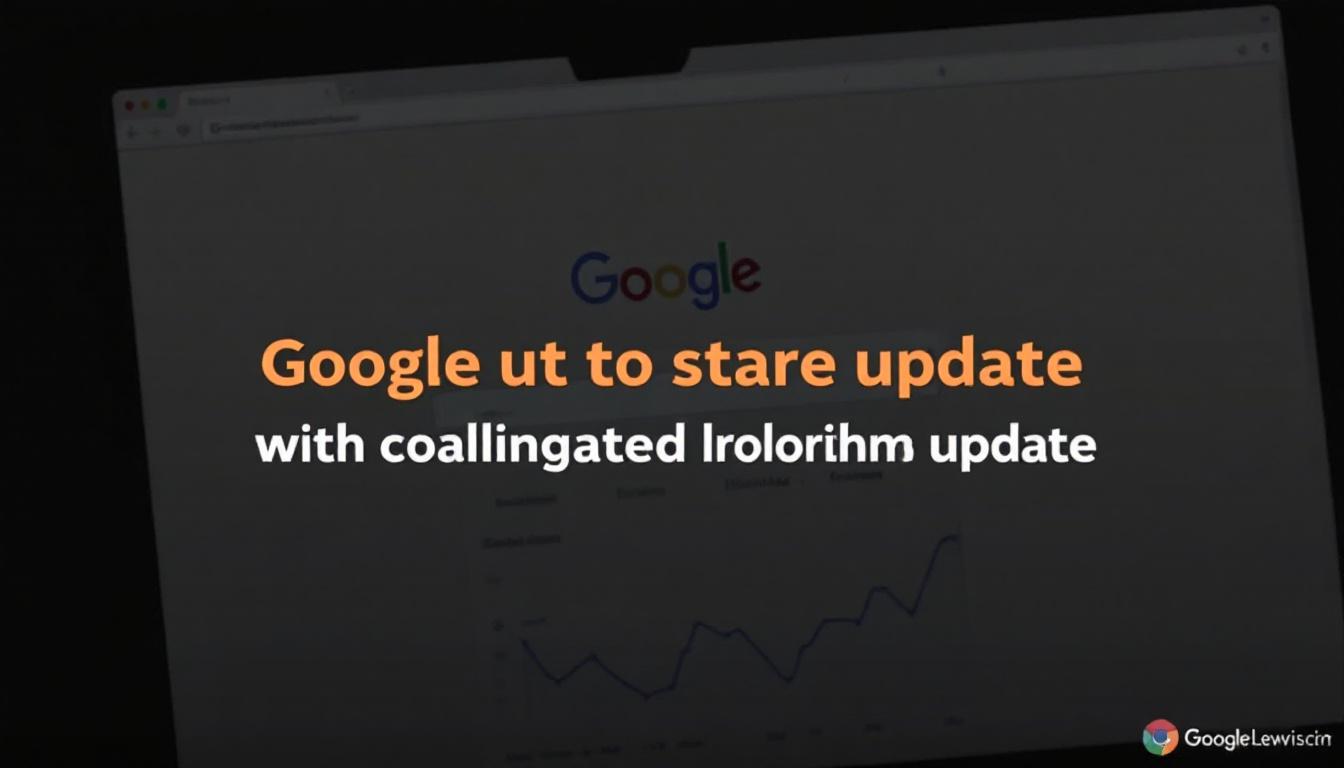In a recent interaction, Google’s John Mueller demonstrated a technique to help an educational website owner address their diminishing search rankings.
DigitalOcean
DigitalOcean offers a variety of VPS hosting solutions perfectly suited for anyone seeking straightforward and budget-friendly computing power for their projects.
While the site proprietor initially attributed the decline to a domain migration, Mueller’s insights pointed to content-related issues as the real culprit.
Website Facing Ranking Challenges
A user reached out on the Bluesky platform seeking assistance to restore their website’s search performance following a problematic domain shift.
The website owner believed that the change in domain was directly responsible for their site’s sudden drop in search visibility.
Understanding the SEO Perspective
Delving deeper, it’s essential to recognize that the apparent cause may not always be the actual reason.
Although the domain migration preceded Google’s de-indexing of the site, it wasn’t the direct cause. Instead, the migration set off a series of events that highlighted underlying issues with the site’s content quality.
It’s a common mistake among SEO professionals and website owners to stop their investigation once the most obvious cause is identified, potentially overlooking the true factors at play.
A representative post on social media illustrated the issue: > “Hello SEO Community, Sudden Deindexing & Traffic Drop after Domain Migration (from javatpoint.com to tpointtech.com) – Need Help”
Tracing the Origin of Irrelevant Pages
Identifying where the off-topic content originated sheds light on the broader issue affecting the site’s rankings.
Source of the Unrelated Content
The migration process inadvertently carried over problematic elements from the previous domain.
The irrelevant pages stemmed from the original domain, Javatpoint.com. When transitioning to tpointtech.com, all existing low-quality and unrelated content was also transferred.
This accumulation of off-topic pages compromised the site’s overall quality and relevance in the eyes of search engines.
Google’s John Mueller noted: > “One of the things I noticed is that there’s a lot of totally unrelated content on the site. Is that by design?
If you go to Bing and use [site:tpointtech.com watch online], [site:tpointtech.com sexy], [site:tpointtech.com top 10], similarly probably in your Search Console, it looks really weird.”
Key Insights and Takeaways
Several important lessons emerge from this scenario, highlighting best practices and common pitfalls in SEO management.
Leveraging Bing for Site Audits
Using alternative search engines can provide additional perspectives on site performance.
John Mueller demonstrated that Bing can be a valuable tool for identifying pages that Google may not index.
This discrepancy can help pinpoint content issues that need addressing to improve overall site quality.
Differences Between Search Engines
Understanding how different search engines evaluate content can influence SEO strategies.
Bing’s continued indexing of off-topic content suggests varying algorithms and priorities between search platforms.
This situation underscores how Google might prioritize content intent and quality more stringently, especially after a domain migration prompts a reevaluation of the entire site.
The Impact of Irrelevant Content
Maintaining a clear and relevant content strategy is crucial for sustaining search rankings.
A website should focus on a central theme with related subtopics that provide value to users.
Introducing unrelated and low-quality content signals a shift towards content creation aimed solely at generating traffic, which goes against Google’s guidelines.
Content Quality Over Past Success
Relying solely on historical performance can mask underlying content issues.
Website owners might overlook content quality issues if past performance seemed unaffected.
However, dormant problems can surface unexpectedly, such as during a domain change, highlighting the need for proactive content management.
Intent Behind Content Creation
Assessing the purpose of your content helps align it with user needs and search engine expectations.
Even if some content appears high-quality, its relevance and intent matter.
Content created primarily for ranking and monetization rather than user benefit can lead to penalization by search engines like Google.
Expanding Content Themes Carefully
Diversifying content topics requires careful consideration to maintain site integrity.
While expanding into related areas can be beneficial, it’s important to ensure that new topics align with the site’s overall focus.
Domains that are too narrowly defined might limit the ability to grow and adapt to broader subject matters without causing confusion.
The Bottom Line
The case highlighted by Google’s John Mueller serves as a reminder that domain migrations can act as catalysts, exposing pre-existing content issues that may have otherwise remained unnoticed.
Ensuring high-quality, relevant content is paramount for maintaining and improving search rankings. Website owners should conduct thorough content audits, especially during significant changes like domain shifts, to safeguard against unintended negative impacts on their site’s visibility.








